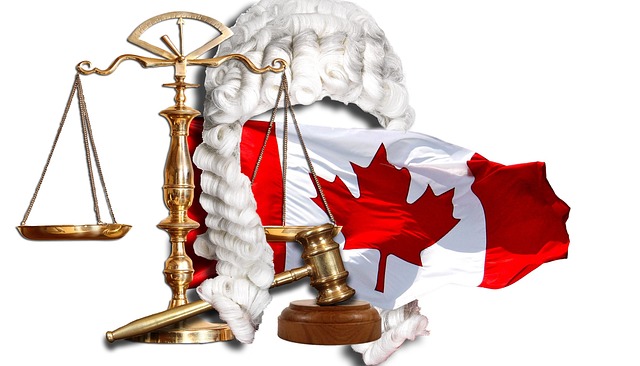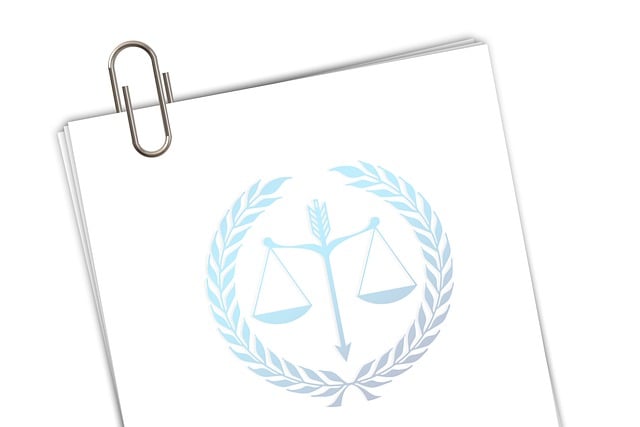The text summarizes the intricacies of Criminal Law Cases, emphasizing their complexity and importance for accused individuals and legal professionals. It outlines the Steps in Administrative Law Proceedings as a structured path ensuring fairness and due process in criminal justice, covering investigation, charging, hearings, and trials. This process is crucial for resolving white-collar and economic crimes, balancing corporate and individual rights, and navigating diverse state-by-state regulations. Successful outcomes depend on meticulous legal planning and an in-depth understanding of the law.
Criminal law cases form the backbone of judicial systems, shaping society’s response to crime. Understanding these cases involves grasping a complex legal process, from initial investigations to trials and appeals. This article offers an in-depth look at the administrative aspects, focusing on the steps in administrative law proceedings. We’ll explore the crucial considerations and challenges within criminal justice administration, providing a comprehensive guide for both legal professionals and enthusiasts seeking insights into this vital realm.
- Understanding Criminal Law Cases: An Overview of the Legal Process
- Steps in Administrative Law Proceedings: A Comprehensive Guide
- Key Considerations and Challenges in Criminal Justice Administration
Understanding Criminal Law Cases: An Overview of the Legal Process

Criminal Law Cases are complex legal proceedings that involve the prosecution and defence of individuals accused of committing crimes. Understanding the legal process behind these cases is crucial for both the accused and legal professionals alike. The journey through the criminal justice system follows a structured path, known as the steps in administrative law proceedings, which ensures fairness and due process.
These proceedings begin with an investigation, where law enforcement gathers evidence and facts related to the alleged offence. If sufficient grounds exist, charges are filed against the accused, triggering a series of hearings and trials. The general criminal defense strategy aims to challenge the prosecution’s case, presenting a defence that either proves innocence or mitigates liability. An unprecedented track record of successful outcomes can be achieved through meticulous legal planning, strategic manoeuvring, and an in-depth understanding of the law, ultimately ensuring justice is served.
Steps in Administrative Law Proceedings: A Comprehensive Guide

The Steps in Administrative Law Proceedings are a structured process designed to ensure fairness and transparency in legal matters involving government agencies. It begins with the initiation of an action, where a government body or authority identifies a potential violation or dispute. This could involve licensing issues, regulatory non-compliance, or enforcement actions against businesses, particularly those accused of white collar and economic crimes. Once initiated, the proceedings follow a clear sequence: notice is served on the respondent, providing them with details of the allegations; they have an opportunity to respond and present their case; evidence is gathered and reviewed; and finally, a decision or ruling is made.
These steps are crucial in achieving extraordinary results while also safeguarding against arbitrary actions by administrative bodies. The process allows for due process rights, ensuring that individuals or businesses accused of infractions can defend themselves effectively. Moreover, it provides a clear framework for resolving disputes related to regulatory matters, which is especially pertinent when dealing with complex white collar and economic crimes cases where avoiding indictment is a primary concern.
Key Considerations and Challenges in Criminal Justice Administration

The administration of criminal justice involves a complex interplay of legal procedures, ethical considerations, and societal expectations. When navigating Steps in Administrative Law Proceedings, several key aspects come into play. One of the primary challenges is balancing the rights of both corporate and individual clients while ensuring fair and efficient justice. This delicate act requires a deep understanding of the law, as well as empathy for the unique circumstances that bring them before the criminal court.
Moreover, with general criminal defense practices spanning across the country, maintaining uniformity in application and interpretation of laws becomes a significant hurdle. Legal professionals must adapt to varying state-by-state regulations while advocating for their clients’ rights. This national landscape presents both complexities and opportunities, demanding a dynamic approach to legal representation that respects local nuances while adhering to broader constitutional principles.
In navigating criminal law cases, understanding both the intricate legal process and the administrative proceedings that follow is paramount. The article has provided an in-depth look at these aspects, focusing on the essential steps in administrative law proceedings as a crucial component of criminal justice administration. By familiarizing ourselves with these processes, we can better address the challenges faced in the criminal justice system, ensuring fairness and efficiency for all involved.






